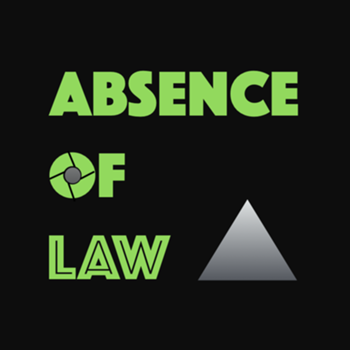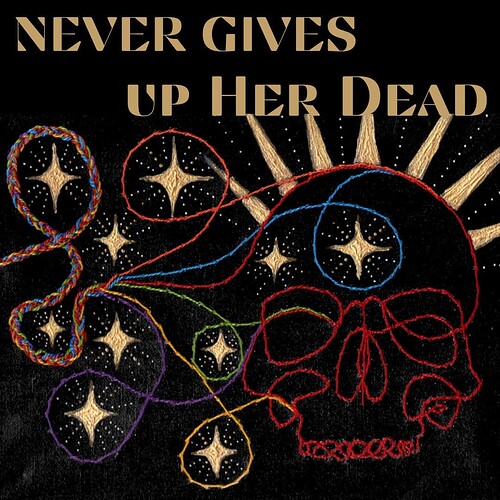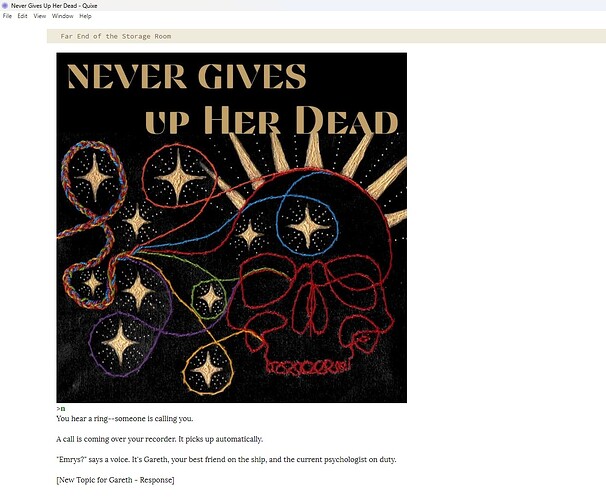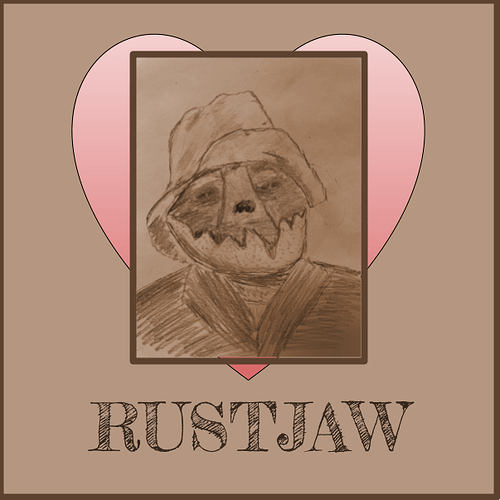Absence of Law
This game came to me in a flash of insight. I was living in Utah; I had basically given up IF. My ex didn’t really like me spending time on it (this was before I was making money off of it), and I had gone six months without reviewing. I was driving through Provo when I had what I thought of as ‘an idea for the greatest IF of all time’.
The idea would be that you would hack into a system and all of your actions would be hacking commands. It would sidestep the biggest issue with parser games: errors. In normal games, it shows the parser is dumb. In this game, it could be explained away by limitations in the computer you’re hacking into. And I had great memories of IF-like hacking games, specifically Activision’s game Hacker.
Looking at my source code, there are remnants of the original ideas: you were part of the group Anonymous, and were offered several jobs, but ended up forced into working at a nuclear reactor.
But the final game has you contacted by a brain in a computer backup from someone who has recently died. This man (named Dr Law, who is missing, thus ‘Absence of Law’) asks you to impersonate him and help his laboratory finish their three different resurrection projects. Fixing those projects involves riding a flamethrower-equipped robot and controlling disintegrating clones.
It’s a limited parser game, and has colors and music. I was worried when I originally wrote it that would be grating, but playing just now I left it on the whole time.
At times the limited options felt constricting, like in the opening, but I really enjoyed the clone-controlling part and the language part, which I only partially remembered (it was based on Cantonese). I liked the gags, like the crazy living room and the Star Spangled Banner or the poker game (which I had completely forgotten). I especially found the ending funny, which makes sense, since it was taken indirectly from Hanon Ondricek’s game Fair, which I similarly enjoyed.
Almost everything in this game is taken from other games. It’s like a musuem of IF puzzles. In the credits in the game, it says:
“The puzzles in this game were designed to represent my favorite types of puzzles in Interactive Fiction, including the “zooming in” puzzles found in Lime Ergot, Toby’s Nose and Out of the Study; the giant desk puzzles of The Reluctant Resurrectee; the optimization/scavenging puzzles from Moments Out of Time, Captain Verdeterre’s Plunder or the original Adventure; the language puzzles from the Edifice and the Gostak, and my own conversation puzzles in Color the Truth; the war mech puzzle from The Duel that Spanned the Ages and the battle puzzles in Gun Mute and Attack of the Robot Killer Yeti Zombies; the reflection puzzle from Tookie’s Song; the Babel fish puzzle from Hitchhiker’s Guide to the Galaxy; the entire game of Grandma Bethlinda’s Variety Box; and the presentations from the Art of Misdirection and Fair.”
I only found minor typos in the game, which is good, but I still made a new version, and I’m uploading the full version to the IFArchive so that the Play Online button works. I appreciate everyone that’s liked this game over time. I really thought it could be the greatest game ever, but it actually took 5th place in IFComp! I had hoped that, even if I didn’t win, I could place in the top 3 three different times like Eric Eve did, but this game didn’t make that, either. I was pretty bummed at the time, but looking back, the games that beat it are IF legends: Wizard Sniffer, Eat Me, Harmonia, Will Not Let Me Go. All of these games are in the top 100 IF of all time, and that year has more games in the top 100 than any other year. Which shows to me that you really shouldn’t focus on placement, but just enjoy making games. In contrast, on IFDB for a year or two (before it switched to star sort and before some negative ratings) it was the highest-rated IFComp game ever, but only because it hadn’t gotten popular enough to attract bad ratings. Now, with the new ranking system and more negative ratings, it’s not even close to the top (it’s 19th now, I think). But did the game quality change? No, but people have different tastes and there exist yet unmade games to make that are even better than those we have. Overall, I had a lot of fun playing this game and am grateful for its reception over time.




